A number of NIH policies became effective in January. Here’s a brief recap:
Effective January 1, 2017:
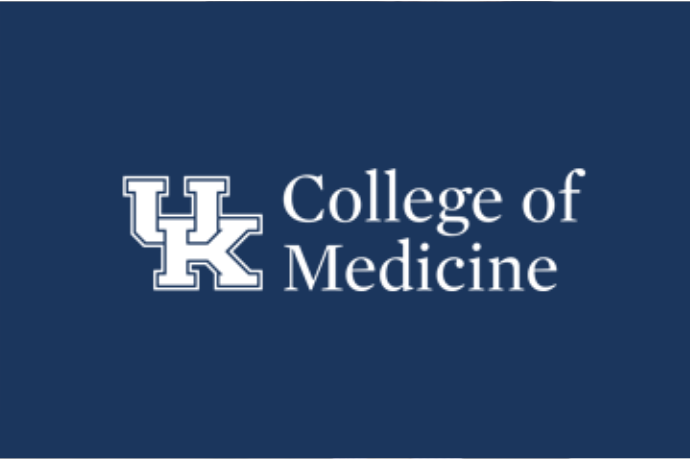
[From the NIH Website]
Reminder of New Policies Now – Or Soon To Be – In EffectA number of NIH policies became effective in January. Here’s a brief recap:
Effective January 1, 2017:
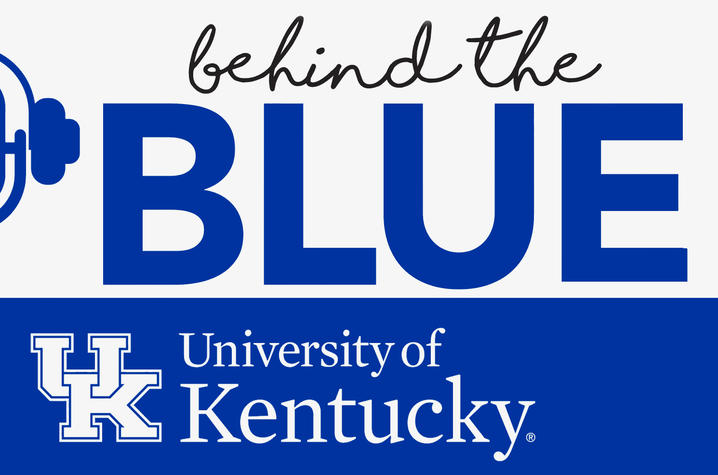
February is American Heart Health Month, and this past Feb. 3 marked the 14th annual National Wear Red Day for Women. It’s a day designed to call our attention to recognizing heart disease as the No. 1 killer of women in this country, and to raise awareness of women’s overall heart health.

The University of Kentucky Center for Molecular Medicine through the Dean of the College of Medicine and in conjunction with the NIH/NIGMS funded Center of Biomedical Research Excellence (COBRE) grant anticipates funding pilot grants in the amount of $50,000 per year for up to two years. Research projects should fit into the general theme of the molecular basis of human disease. Three categories of grants will be considered:

CENTER FOR CLINICAL AND TRANSLATIONAL SCIENCE
CTSA TL1 Training Program for Pre-doctoral Students in Clinical and Translational Science
Applications due: March 31, 2017
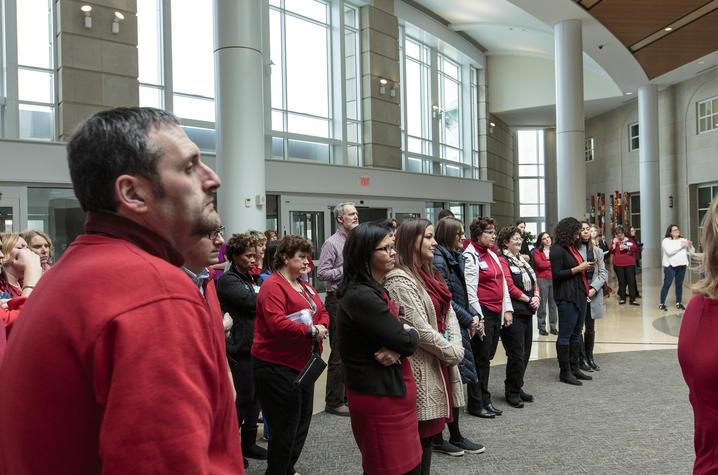
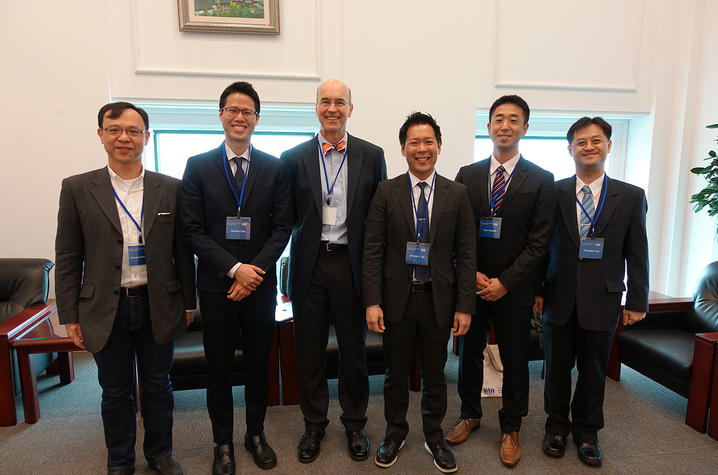
During a recent trip to Taiwan, Dr. Mark V. Williams, director of the Center for Health Services Research (CHSR), had the opportunity to share his expertise as a hospitalist and researcher with colleagues in Taiwan.
Williams was invited by Dr. Ming-Chin Yang, National Taiwan University’s associate dean of the College of Public Health, and Dr. Nin-Chieh Hsu, a practicing hospitalist in Taiwan, to speak at the Jan. 7 forum of hospital medicine at the first International Conference of Hospital Medicine.

Michele Staton-Tindall grew up in rural Appalachia during a time when people felt so safe they didn’t even lock their doors at night. The ensuing drug epidemic that now ravages her former home has dramatically impacted the lives of the Appalachian people and broken that sense of security.
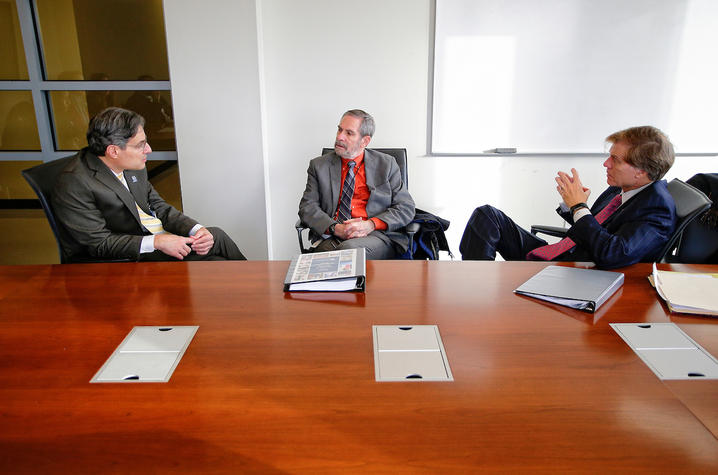

Sales Tax Charges
If Kentucky State sales tax is charged on goods/services, the sales tax must be charged to a cost center. It cannot be charged to a grant.

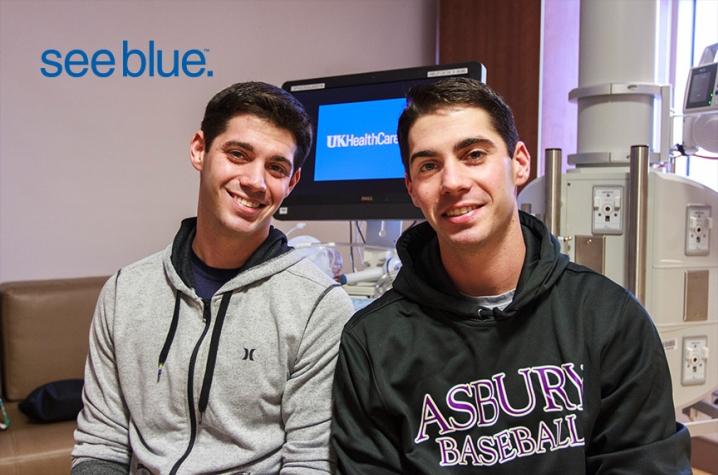
In 2015, identical twins Gardner and Jon Wes Adams, then in their mid-20s, both nearly died when their hearts suddenly stopped beating. The incidents happened months apart, but the cause was the same: Brugada syndrome, a rare, congenital heart rhythm disorder.

The College of Medicine has announced its Wethington Award Policy for 2017.
The policy can be found on the COM Research webpage under Support.
Click here to read the full policy.

In accordance with NOT-OD-17-001, (http://grants.nih.gov/grants/guide/notice-files/NOT-OD-17- 001.html), NIH is currently operating under the Fiscal Year 2017 Continuing Appropriations Act, 2017 (H.R. 5325). Therefore, NIH will issue non-competing research grant awards at a level below that indicated on the most recent Notice of Award.

Sponsored Research Administrative Services recently presented a deck of slides with guidance related to booking travel for non-employees. The document contains a wealth of information including g/l information. To view the slides, click here.
This information as well as other documents can be found on the SRAS Useful Information Page. Click here to view the page.

Nominate your research mentor for recognition at this year’s CCTS Spring Conference.

Expand your career coaching, leadership and mentoring skills to serve scientists from under-represented groups with this free, interactive program.
Apply Today!
Professional Mentoring Skill Enhancing Diversity (PROMISED)
PROMISED is for mentors at the late Assistant Professor level or above.
Fellows receive...
Face-to-face instruction on how to be a career coachTraining through a series of one-month, online modulesCME/CEU credit and certificatesApply before February 15, 2017

ATTENTION INVESTIGATORS: FUNDING OPPORTUNITY FOR PILOT PROGRAM
The College of Medicine and Center for Health Services Research
(in collaboration with the VPR, CCTS and UK HealthCare)
Call for Applications – Pilot Grant Funding
Value of Innovation to Implementation Program (VI2P)
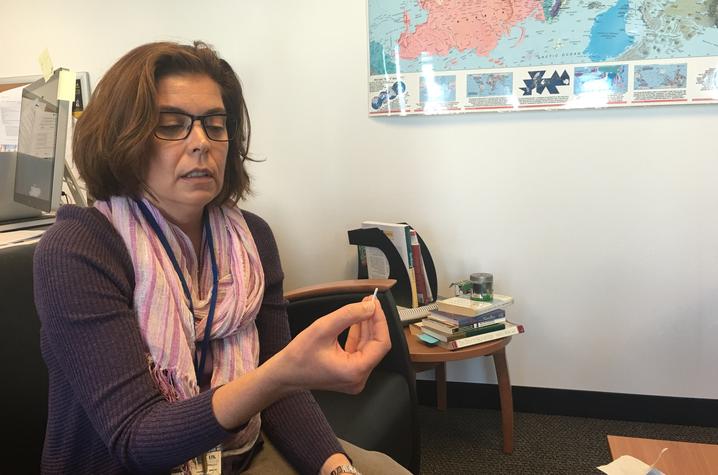
A multi-site clinical trial led by researchers at the University of Kentucky Center on Drug and Alcohol Research (CDAR) has demonstrated the effectiveness of CAM2038, a potentially transformative buprenorphine therapy for moderate-to-severe opioid use disorders.
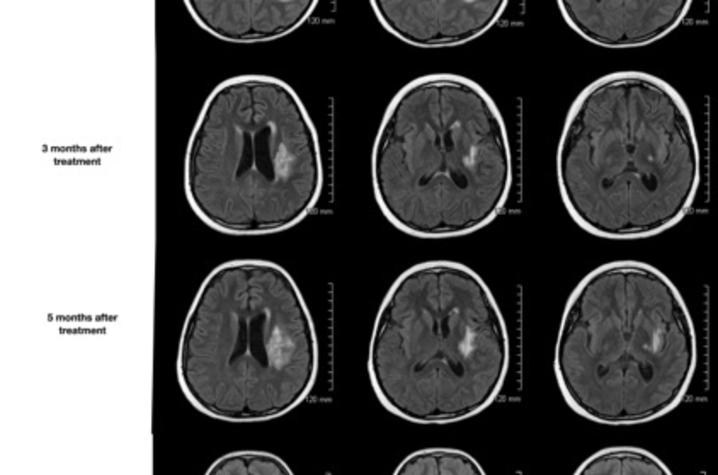

Budgets for commercial, industry-funded clinical trial projects should include a one-time fee of $3,000, listed as "IRB Review Fee". The recent increase in the one-time fee for initial IRB review was implemented as a result of increased administrative and procedural compliance requirements. The current rate remains in line with national standards.